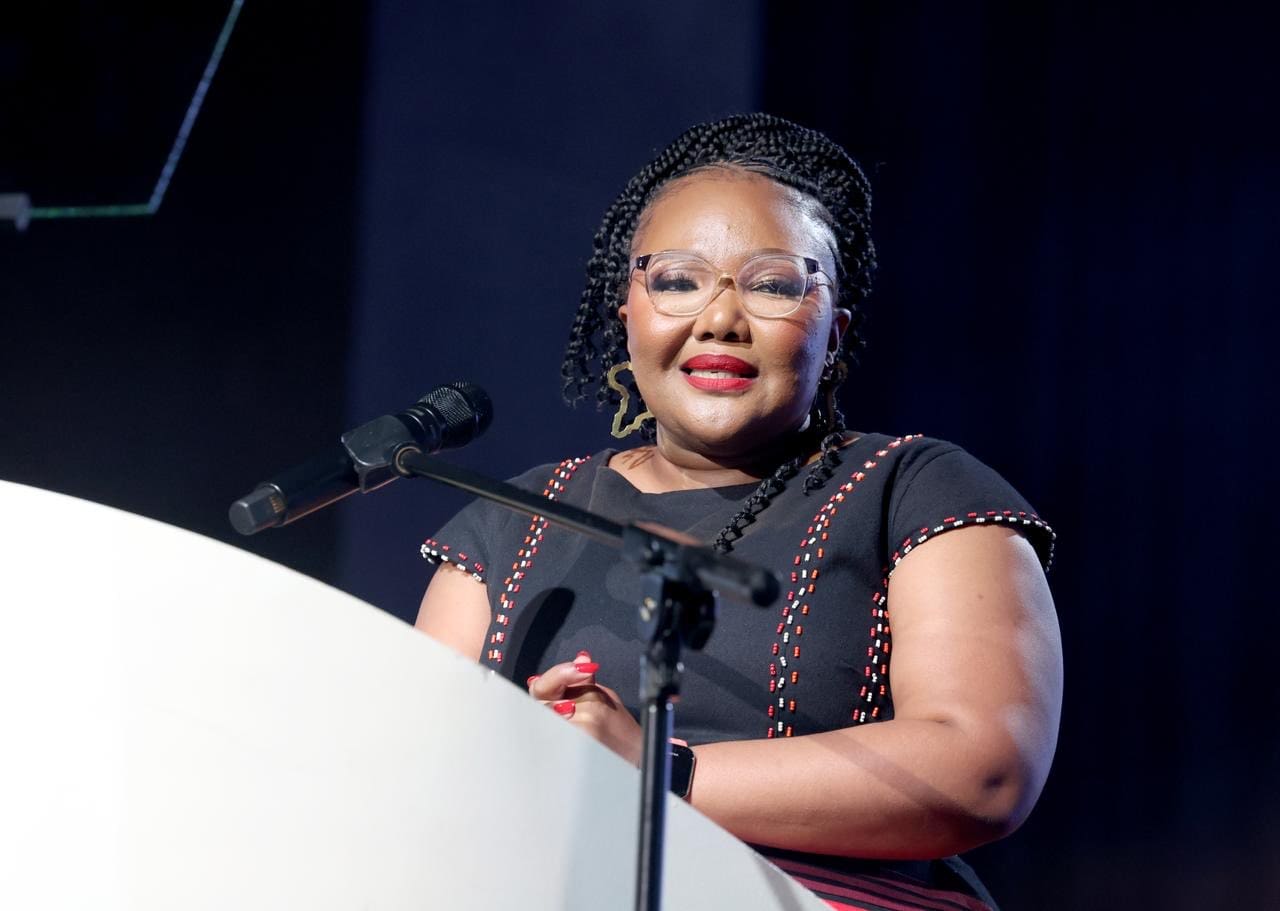It used to be that the likeliest place you would turn to when looking for a job is your personal network or platforms like LinkedIn or Indeed. Increasingly, though, young people are turning to TikTok as a job-seeking platform in response to a job market that is slowing across the world. Not only is the video entertainment platform a source for job openings, it is proving to be a valuable source of advice as well. 🤳
The new generation of jobseekers is very different to previous ones: they’re more likely to look for a job that will treat them well rather than purely advance their careers. TikTokers are not just talking about how to get a job, but what red flags to look out for when jobseeking. The great news is that it is forcing companies to respond and change their hiring practices. (One notorious example of what puts Gen Z off is onerous hiring processes which take up a huge amount of their time and result in getting ghosted by the company – or never hearing back from them when they don’t get the job.)
This is of huge relevance to job seekers in South Africa. The latest unemployment statistics released on Tuesday show that the official rate is now 32.9%, which is a slight increase from the last quarter ahead of the national elections on 29 May. Youth unemployment is far worse: 45.5% or 4.9 million people under the age of 34 do not have work. TikTok has launched the #LevelUpAfrica programme to empower local content creators and job seekers. Many have now found employment through TikTok or have managed to successfully monetise their content in order to bring in an income.
The reality is that far too many young people don’t have a job or even the prospect of ever finding one unless something fundamentally changes. This pressing issue will doubtlessly form a big part of the decision-making when it comes to which political party will eventually win the elections. Who do you trust to turn the unemployment rate around?
- Staff Reporter
- Staff Reporter
- Staff Reporter




